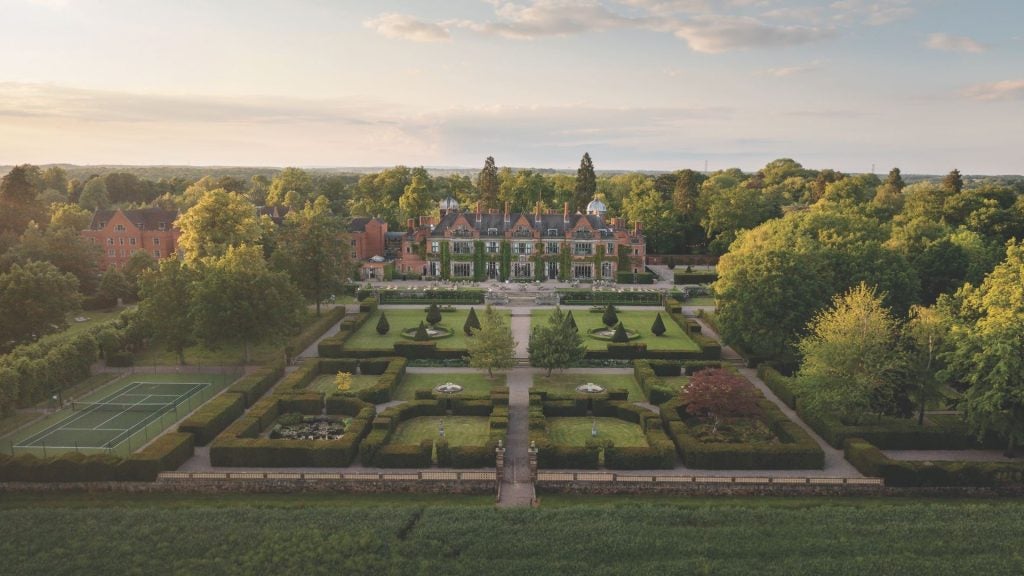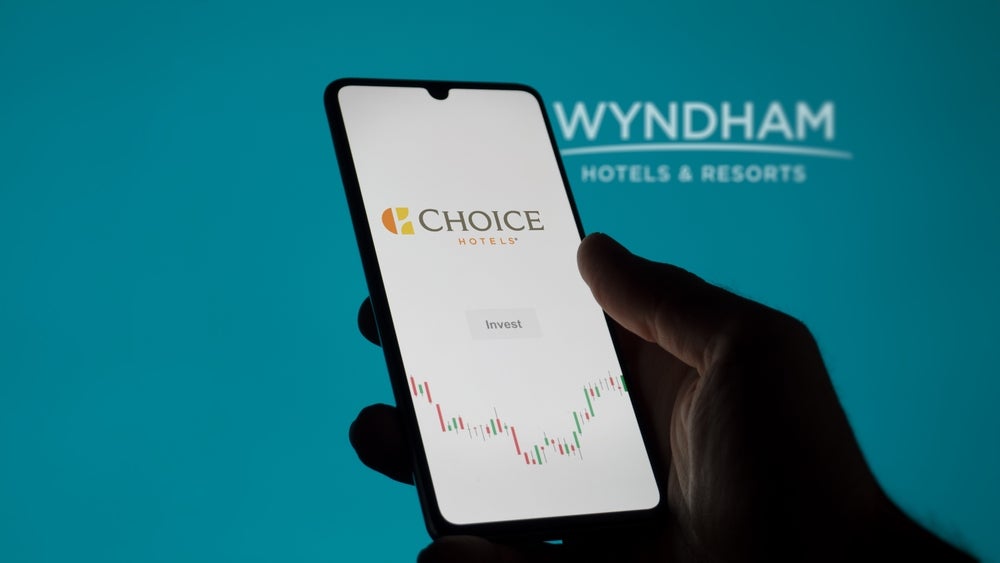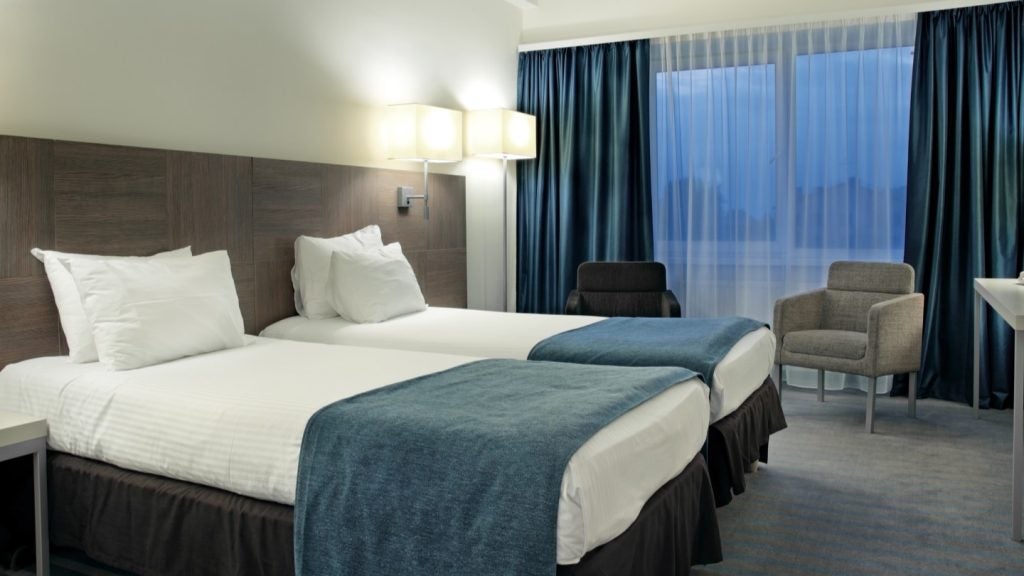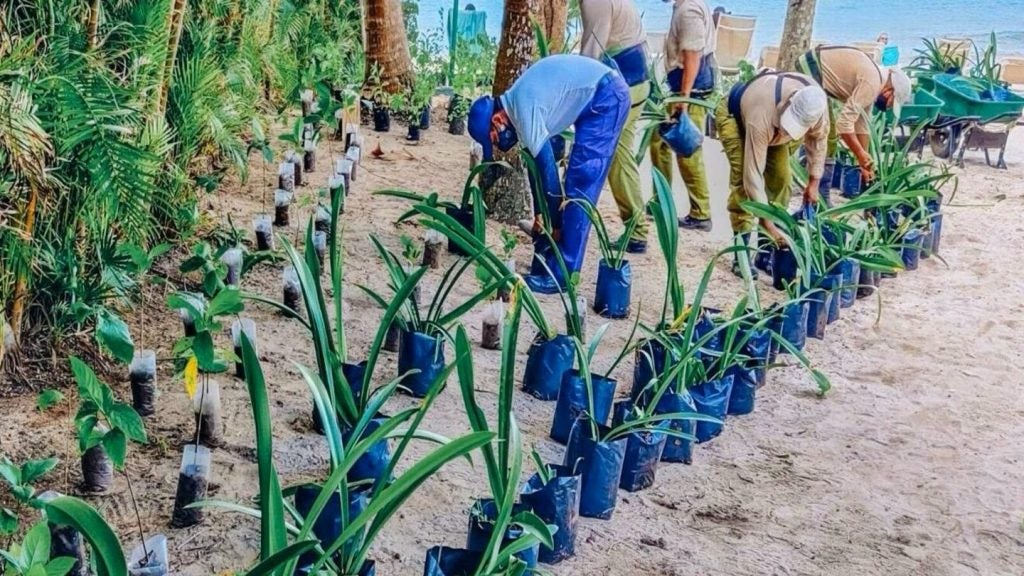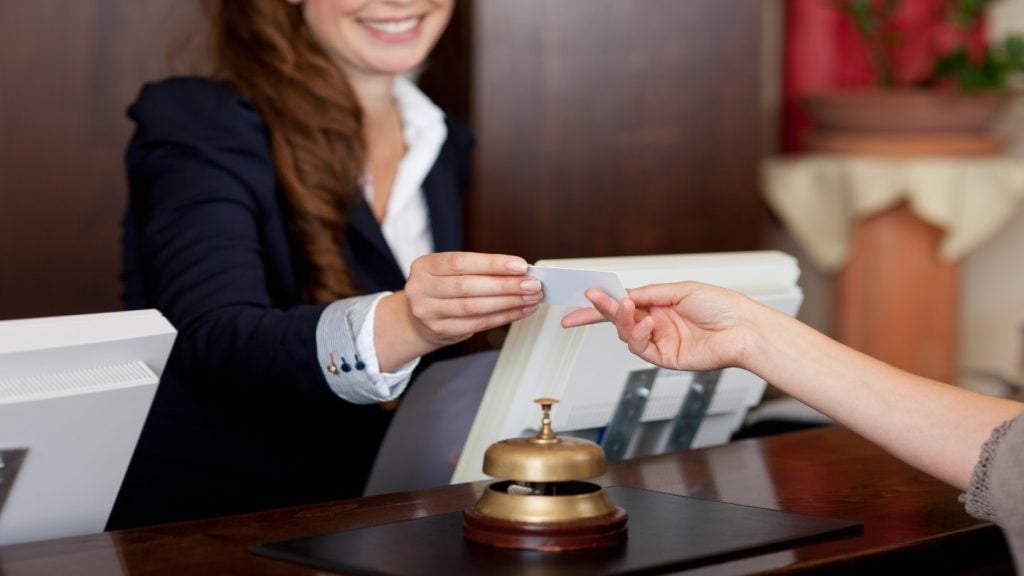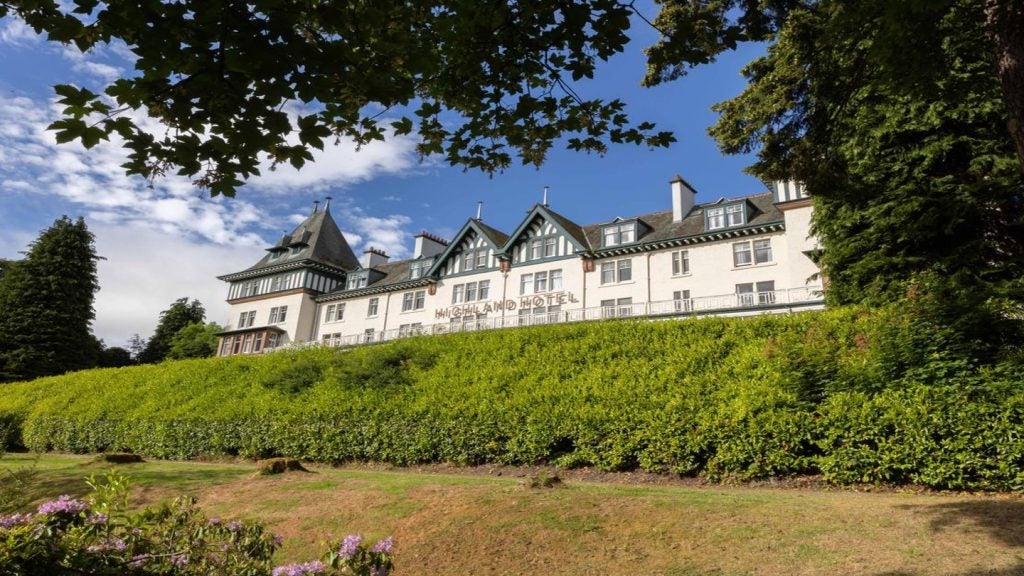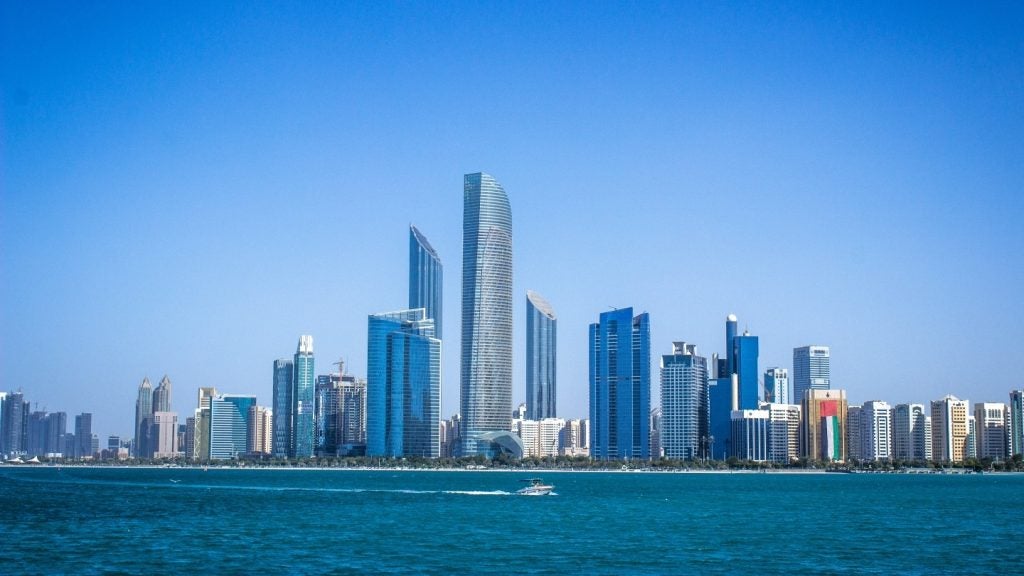Luxury hotel and spa operator Barons Eden Group is making waves in the hospitality industry by spearheading sustainable practices.
Steve Clements, director and environmental, social and governance (ESG) lead at Barons Eden Group, sheds light on the company's vision, the impactful initiatives it has implemented and the challenges and opportunities it encounters in its ongoing pursuit of a sustainable future.
Balancing profit and purpose: a sustainable business model
In 2019, Barons Eden Group recognised that becoming more sustainable wasn't just an environmental imperative but a sound business decision. It champions a balanced approach, firmly believing that "only profitable businesses can be truly sustainable."
Its philosophy revolves around identifying areas for improvement and establishing a realistic plan to achieve sustainability goals while fostering growth and profitability.
“Our first step was to identify the work that needed to be done, and to put a realistic plan in place to enable us to be as sustainable as we can possibly be, while driving growth and profitability,” said Clements.
Measurable impact through innovation
Barons Eden Group's commitment to sustainability is evident in the impactful initiatives it has undertaken.
A noteworthy achievement involved replacing kerosene with a biomass solution at its Hoar Cross Hall property in Burton-upon-Trent, UK. This resulted in a significant reduction in greenhouse gas emissions and provided much-needed energy security during recent market fluctuations.
Barons Eden has also signed up for the UK government’s climate hub for small and medium-sized enterprises and has committed to halving its greenhouse gas emissions by 2030.
Clements highlighted: "[The] switch to biomass enabled us to meet that commitment in 2023. The system uses waste from timber-making in the nearby National Forest, keeping transport miles minimal, and we are also looking at ways to contribute to tree planting.
Clements also emphasised how technology plays a crucial role in Barons Eden Group's sustainability journey.
The company leverages the FuturePlus platform to track, measure and continuously improve its sustainability performance. By implementing energy management systems, it can monitor energy and water usage across their facilities, allowing for targeted conservation efforts.
Preserving heritage while embracing sustainability
For Barons Eden Group, operating within Grade Two listed buildings presents a unique set of challenges.
“Planning is always a challenge, whether it is trying to make the building more energy efficient or trying to implement green initiatives like biomass that require development, because of the regulations in place to protect their historical value. The process can be drawn out and can have the effect of greatly increasing costs and challenging the viability of projects,” explains Clements.
Barons Eden Group tackles this obstacle by seeking cost-effective solutions that seamlessly integrate with the historical integrity of their buildings.
“We consistently look for cost-effective ways to improve the sustainability of our sites while maintaining the integrity of the buildings, as well as investing in ongoing staff training initiatives and protocols to ensure elements such as waste management are up to standard,” said Clements
People, planet, profit: a collaborative approach to sustainability
Clements acknowledges the importance of collaboration in achieving ambitious sustainability goals.
Barons Eden Group thrives on partnerships with organisations such as the Sustainable Spa Association (now Sustainable Wellness) and FuturePlus. These collaborations provide invaluable mentorship, expertise, and resources, propelling the group forward on its sustainability path.
Embracing the future of green tourism
Green tourism is a rapidly growing trend and Barons Eden Group is strategically positioned to adapt.
"Green tourism is important to an increasing section of the population, and I can only see this trend continuing in future. We are preparing to adapt by learning and understanding what our options are when it comes to our ongoing sustainability efforts,” added Clements.
The company’s approach emphasises continuous improvement and knowledge sharing within the industry.
A business imperative for the future
Clements firmly believes that failing to prioritise sustainability is a significant business risk.
"Failing to prioritise sustainability already risks business in the hotel industry, and the risk is only set to increase in the coming months and years,” says Clements. “We know that consumers are increasingly concerned about the sustainability credentials of the hotels they visit.”
Barons Eden Group has achieved the Travel Sustainable Level 3 badge on Booking.com, a symbol of its unwavering commitment to responsible practices.
Leading by example
Clements' insights offer valuable takeaways for the broader hospitality industry:
Prioritising sustainability as a business imperative: Hotels that fail to prioritise sustainability risk losing business. Consumers are increasingly making informed choices based on a company's environmental and social responsibility.
Seeking mentorship and collaboration: Partnering with established sustainability organisations can provide valuable guidance and resources for hotels embarking on their sustainability journey.
Embracing technology: Technology can be a powerful tool for hotels looking to improve their sustainability performance. Utilising platforms like FuturePlus can assist with data collection, analysis, and targeted action plans.


